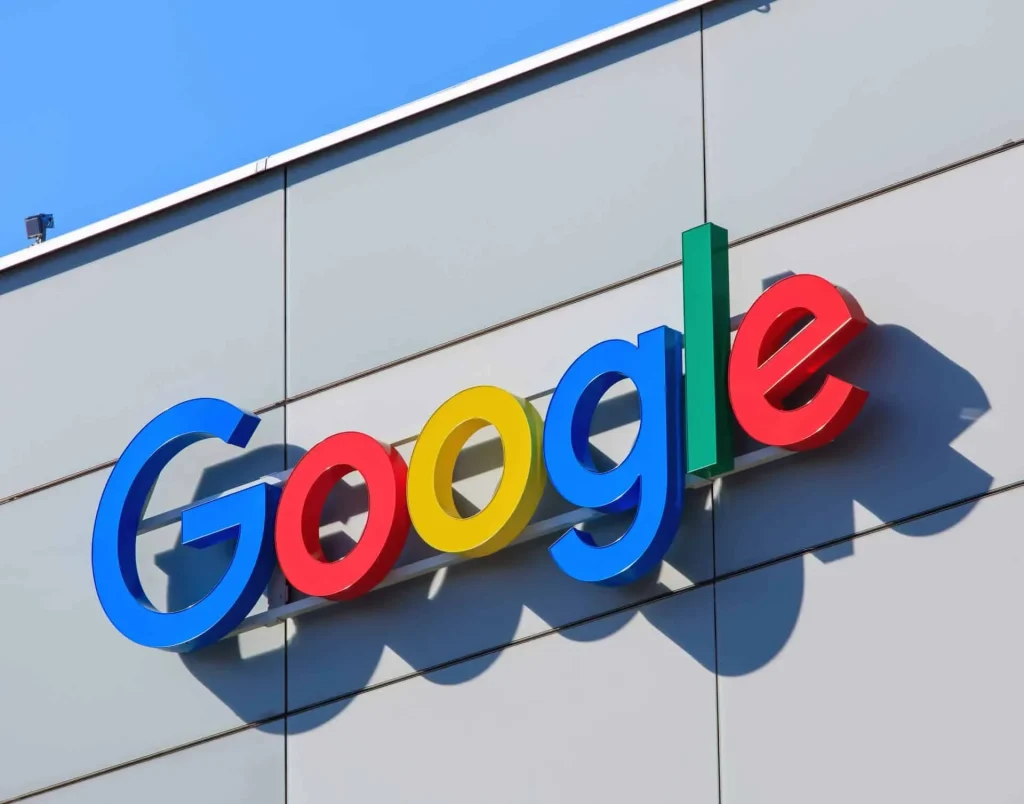The next decade is set to see significant increases in digitalization in Sub-Saharan Africa, propelling the continent’s technological development forward.
It is expected that, as a result of this process, half of Africa’s population will have access to the internet, and artificial intelligence alone is projected to contribute $30 billion to the continent’s economy. Global companies like Google are supporting the goal of making the internet accessible everywhere.
For this reason, 15 additional African languages have been introduced for voice search, Gboard typing, and Google Translate. This update will enable around 300 million Africans to benefit from these features.
This linguistic advancement has been made possible due to the rise in artificial intelligence applications. With this update, Google’s Gboard now supports typing in over 200 African languages with custom keyboards, while more than 60 African languages can be translated by Google Translate.
The newly added languages for voice search and Gboard include Chichewa, Hausa, Igbo, Kikuyu, Nigerian Pidgin, Oromo, Rundi, Shona, Somali, Tigrinya, Twi, and Yoruba. In Google Translate, the languages available for voice input are Chichewa, Hausa, Igbo, Oromo, Rundi, Shona, Somali, South Ndebele, Swati, Tigrinya, Tswana, Twi, and Yoruba.
Additionally, Google announced a further commitment of $5.8 million to support AI skill development and education in Sub-Saharan Africa. This new funding builds on the $20 million already provided by Google’s economic opportunity initiative to organizations helping Africans develop digital skills.
Moreover, separate from Google.org, Grow with Google trained over 6.5 million people across Africa in digital skills in 2023 alone to assist them in building their careers or businesses.
Google aims to support the continent in unlocking the benefits of the digital economy. It is anticipated that this funding will enable more individuals to learn digital skills and engage with the digital world more effectively.

